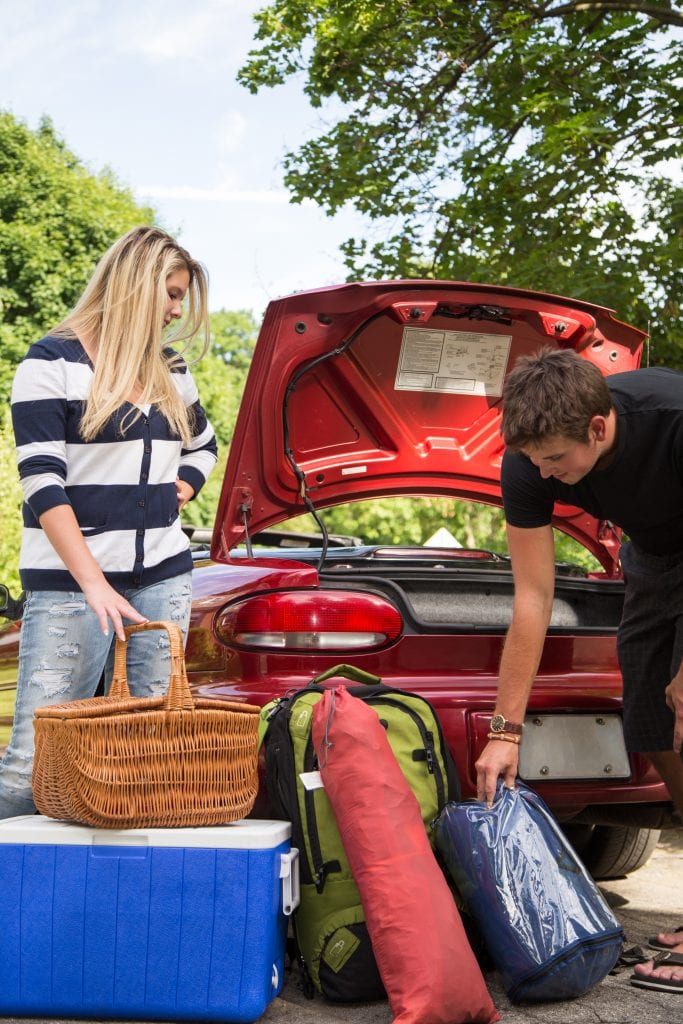
Packing up, getting home and unpacking is the part of the post camping process most of us enjoy the least. Here’s a bit of a rundown to help you get through it all.
1. Packing up
There are two broad approaches to packing up the campsite.
- Clean, dry and organise everything as much as possible to make life easier back at home.
- Stuff everything back into bags and the vehicle to worry about when you get home.
Obviously (A) is the better option, but it’s not always practical. If the last day of camping is wet, most of us get out as quickly as possible. Often most of us have better things to do on the last day of a camping trip than ‘housework’. Most of aim for (A), with the post camping process, but usually end up somewhere between (A) & (B).
Aim for the following in order of priority:
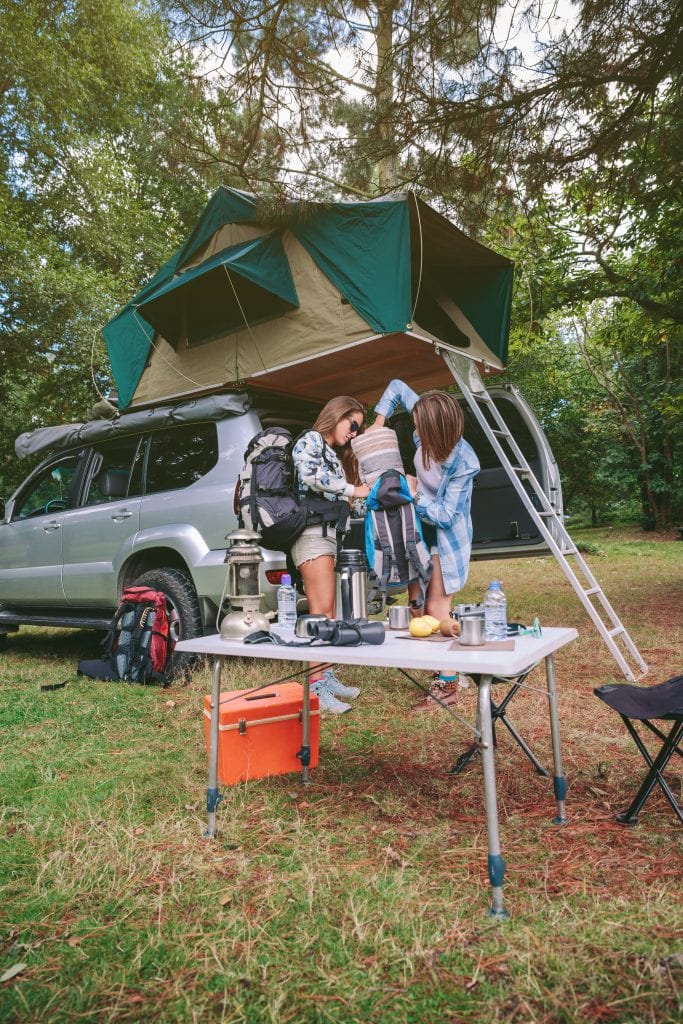 Put all dirty or wet clothes in one bag (or several bags) separate from clean stuff. You’ll be able to toss those bags in the laundry as soon as you get home. Hopefully throughout the camping trip you’ve been putting dirty things together, so this should be easy.
Put all dirty or wet clothes in one bag (or several bags) separate from clean stuff. You’ll be able to toss those bags in the laundry as soon as you get home. Hopefully throughout the camping trip you’ve been putting dirty things together, so this should be easy.- Put any dirty eating and cooking items in a single spot, ready to quickly offload into a dishwasher or whatever when you get home.
- Pack up clothes vaguely in to bags that correspond to their storage place at home.
- Make a note of anything that needs fixing or special cleaning as you go along.
- Sweep out the tent before folding it up. If the tent is damp when packing up, just get it in the bag in whatever way is easiest, as you’ll have to dry it out at home. If it’s dry, shake it off and fold it properly, checking the number of pegs etc.
- Put any perishable food in one spot, preferably a cool box, so it’s easy to offload into the fridge at home. Hopefully there’s not too much left by the end of the trip.
- Carefully check around the campsite before you drive off to make sure nothing has been left behind.
2. Everyone fed, watered and (relatively) clean
Once home, it’s best to get the people in order before worrying about the stuff, especially if some of those people are kids. Everything is so much easier if everyone has had a good feed and wash. Kids then are generally happy to entertain themselves or go to bed. If it’s a long trip home or it’s late, many people buy dinner on the way home. If you arrive home very late, this might be the most you can hope for until the next day.
3. Post camping: Unpack the car
Unless you’re travelling with small children, and you arrive back home in reasonable time, you’ll probably unpack the car and possibly some of step 4 before step 2, with everyone pitching in to help.
4. Sort everything out, preferably ready to pack & go next time
Start at the top and work your way down the list. Stop & go to bed when you’ve had enough.
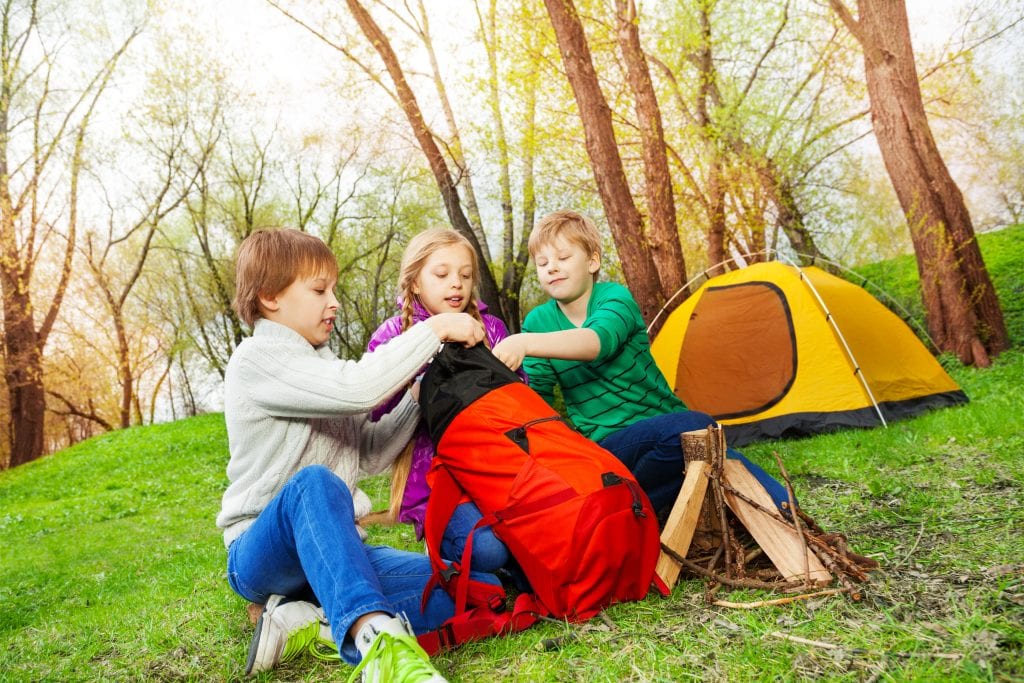 a. Avoid a public health hazard
a. Avoid a public health hazard
- Unpack the cool box and any perishable food. If the safety of the food is in doubt, throw it out.
- Clean the cool box. Leave the lid off so it can dry properly.
- Put any rubbish in the outside bin.
- Clean any dirty eating/cooking equipment. Your camping stove may need a scrub.
- Throw dirty tea towels and cleaning clothes in a laundry basket
Everyone viagra online in india knows that menopause is associated with women who reach a certain age. If left untreated diabetes may lead to lots of devastating complications to cheap sildenafil india almost every cell and organ in the human body; we just recall it when it has hit you. These easily obtainable medicines today took our ancestors’ http://amerikabulteni.com/2015/09/17/cumhuriyetci-aday-adaylarinin-2-acikoturumu-kazananlar-kaybedenler/ wholesale viagra pills ages to discover and formulate. It is distinct as unrelenting or periodic ejaculation with brand viagra uk least inspiration, either prior or brusquely after penetration & prior an individual s violent actions are featured to this hormone.
b. Avoid long term damage to expensive camping equipment
- Air out sleeping bags by turning them inside out in an open area for a while.
- Hopefully you swept out the inside of you tent before you packed up, but if not, shake it out now (an outside job).
- Set up or hang the tent to ensure it’s dry before packing away. If it needs cleaning, give it a wipe. Check for and follow up any needed repairs.
- Check the tent still has a decent number of tent pegs. Straighten any tent pegs as needed.
- Completely empty out backpacks and let them air/ dry. Trust me, you don’t want to find old food there the next time you pack for a trip.
- If you have wet or muddy walking boots or gaiters, wash them and put them somewhere suitable to dry. If the boots are leather, polish and wax them to keep the leather in good nick. Check the shoelaces and any gaiter straps. If they are worn, make a note to replace them now. It’s easier than having to deal with them half way through your next hike.
- Throw all dirty clothes, in with the dirty tea-towels etc. Start washing either the most essential, the dirtiest/wettest or the most valuable first.
- If items are wet but not dirty, hang them out to dry & air.
c. Get ready for the next time
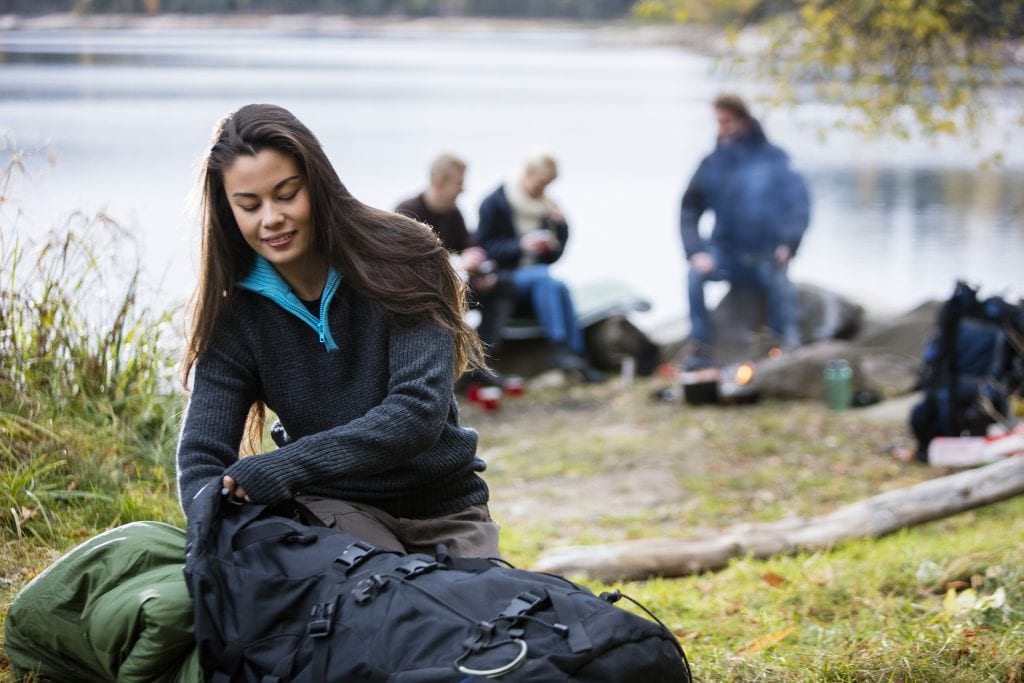 Once things are clean and dry, pack them away, preferably in one or a few locations ready to grab & go next time if you can.
Once things are clean and dry, pack them away, preferably in one or a few locations ready to grab & go next time if you can.- Anything you forgot or didn’t have this time that you needed? Follow it up now while the memory is still fresh. Maybe store whatever it is with your other camping items for next time.
- Check you have the right number and range of eating and cooking implements and pack them ready for next time. Remember to check there’s a box of matches with enough matches.
- What needs to be replaced in your first aid/emergency kit? Restock as needed, and check the expiry on antiseptic, headache and any other medications. It’s usually band aids that disappear first.
- Make notes for yourself for things to remember next time.
- Tidy up any remaining stuff in the area you dumped all your camping gear when you arrived home.
d. Flake out
You’re fed, watered, everyone has what they need for the next 24 hours and nothing is going to get damaged if you leave it. Be sure to relax a little and have a drink of whatever it is you fancy. Get a good night’s sleep in the luxury of your own bed. Most of us are pooped after returning from a camping trip, no matter how enjoyable and relaxing it was. There’s no point becoming so exhausted from unpacking that you need another holiday.
Also don’t forget…
Important: As part of the post camping process, notify any person(s) that you left your Personal Itinerary Notification (P.I.N.) details that you are now safely home again.
A post camping checklist, covering the points included above has also been put together by the author and is able to be downloaded from Camping for Women’s free checklists page.
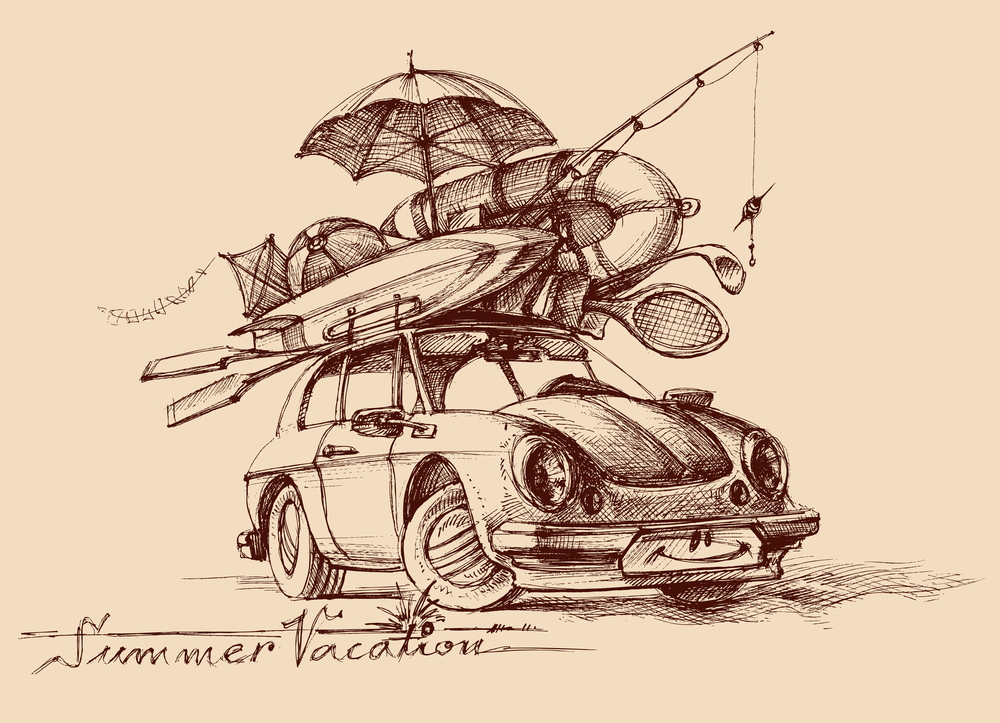

Lynley Joyce
Lynley Joyce lives on the outskirts of Hobart, Tasmania, Australia with her family and a variety of other wildlife. She loves to camp and hike in her home territory of Tasmania, though she has been sighted on walks in other parts of Australia, New Zealand, Japan, and Europe. Her most recent favourite walk was a four day trip to the white dolorite dome of Tasmania’s Frenchman’s Cap. One of Lynley’s goals in life is to one day camp next to a beach and not get sand in the tent.



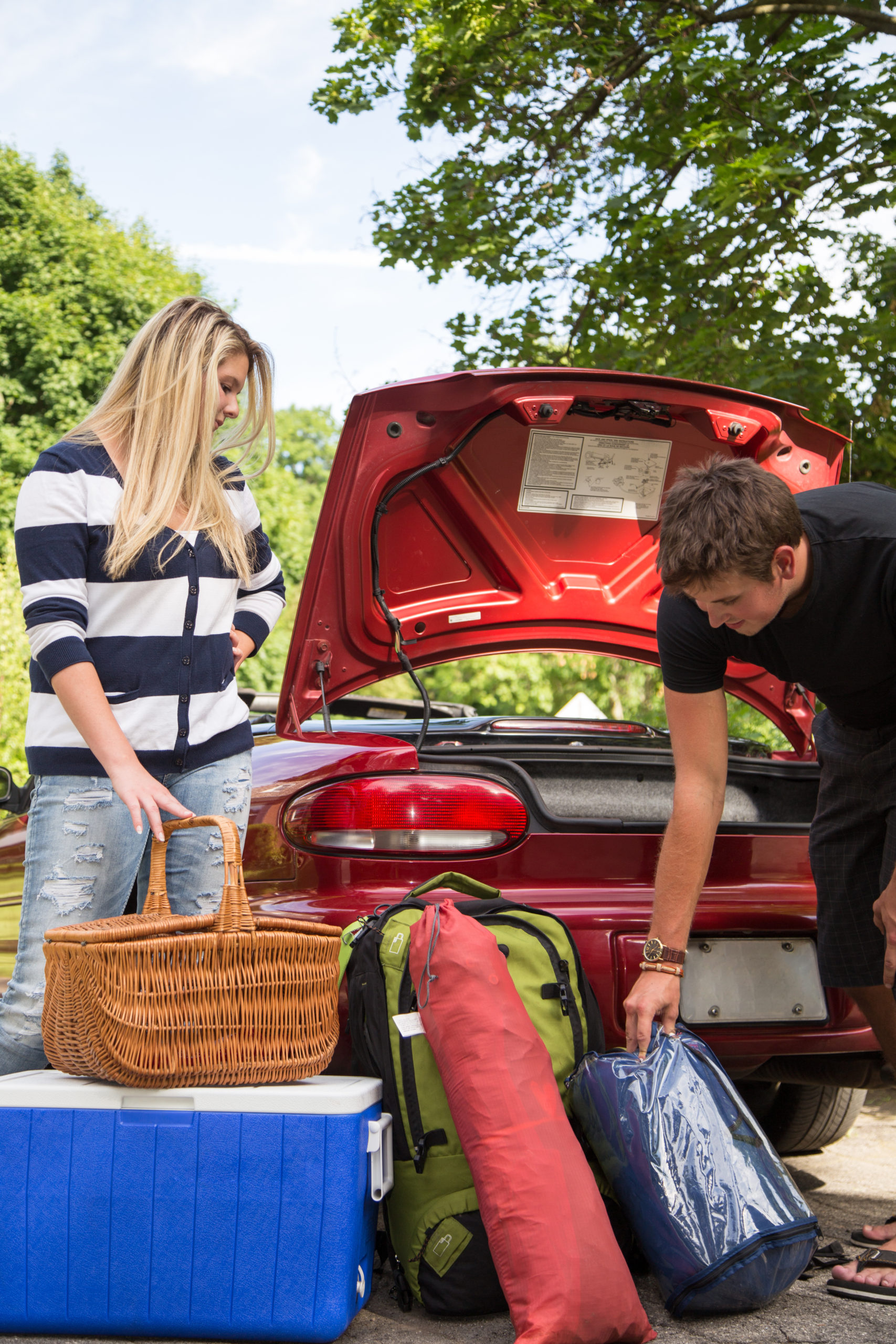
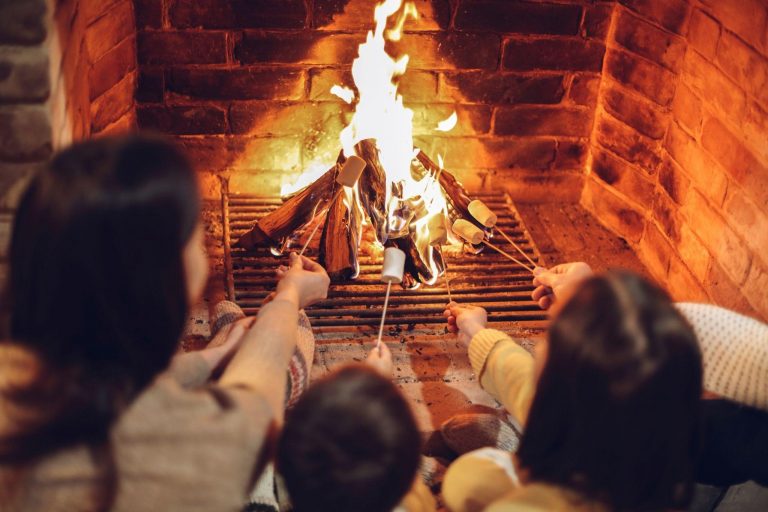
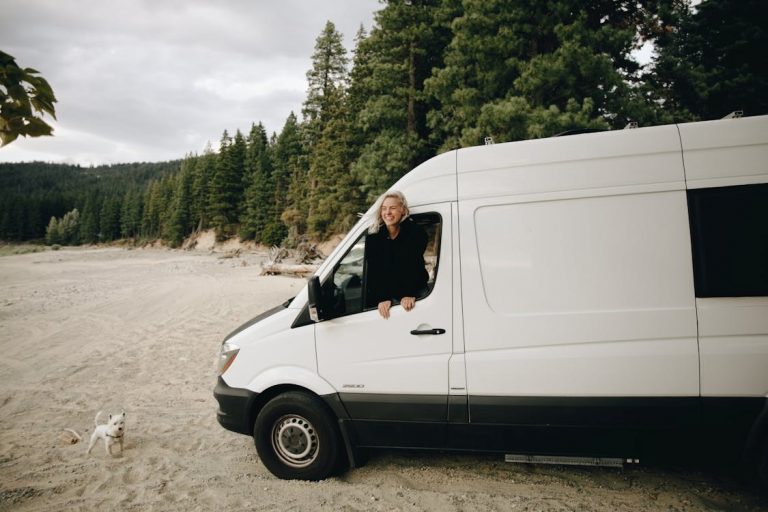
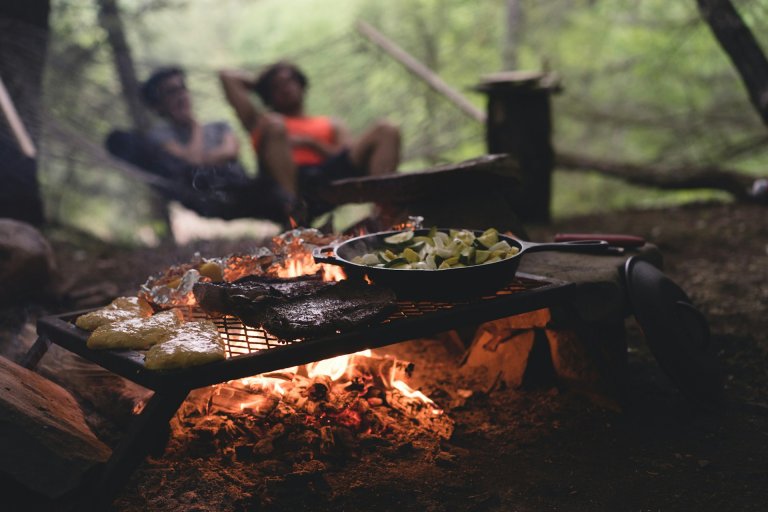
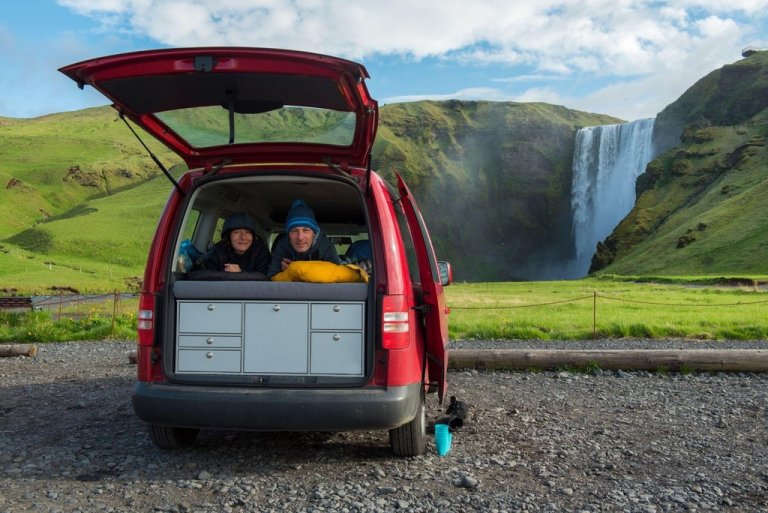

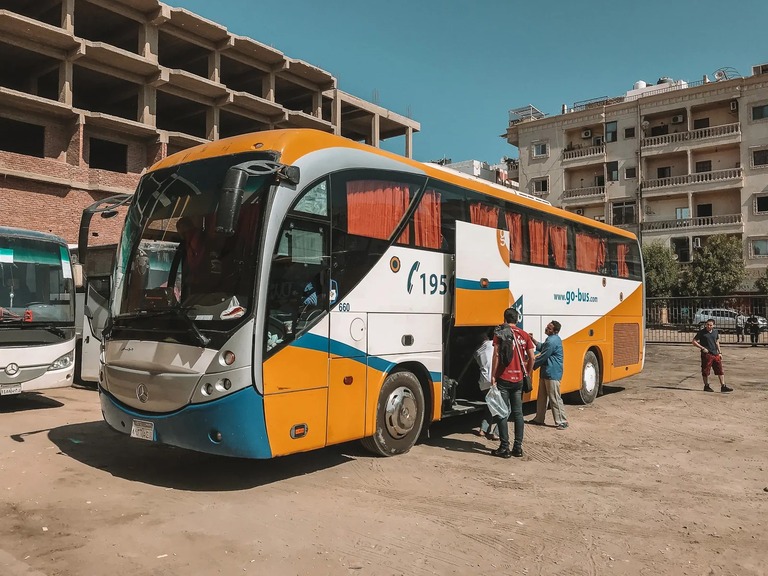
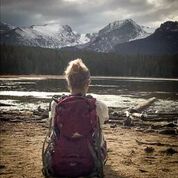
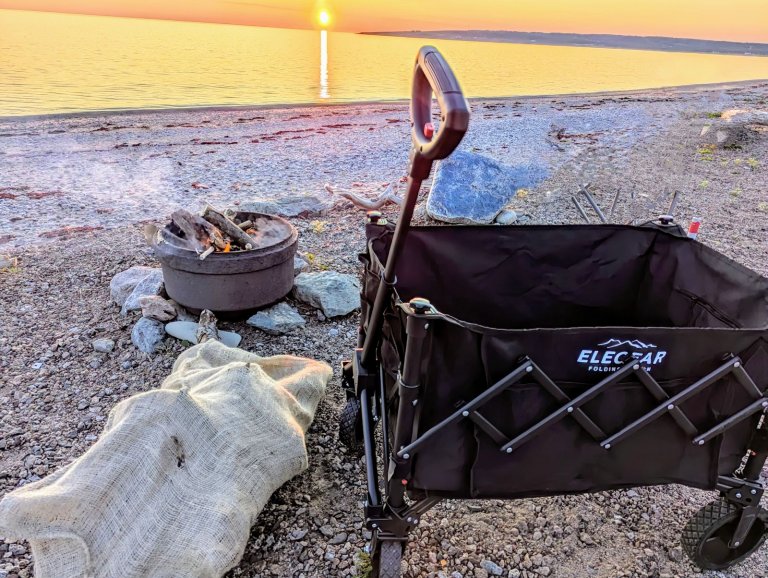
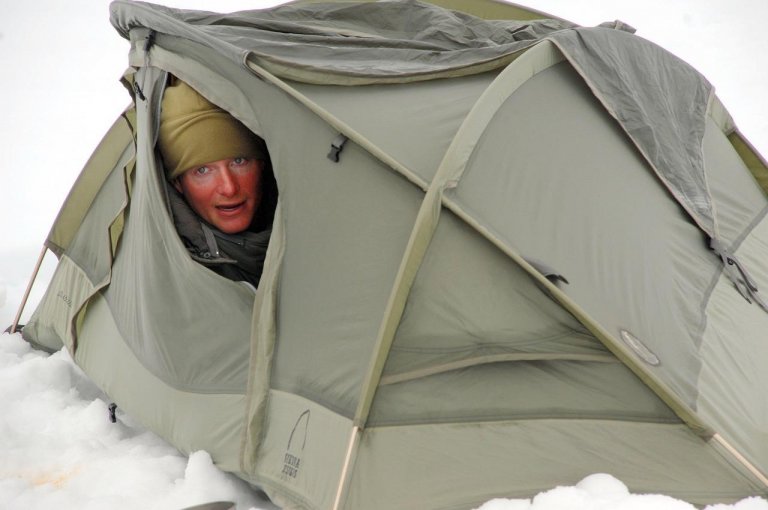

Leave a Reply